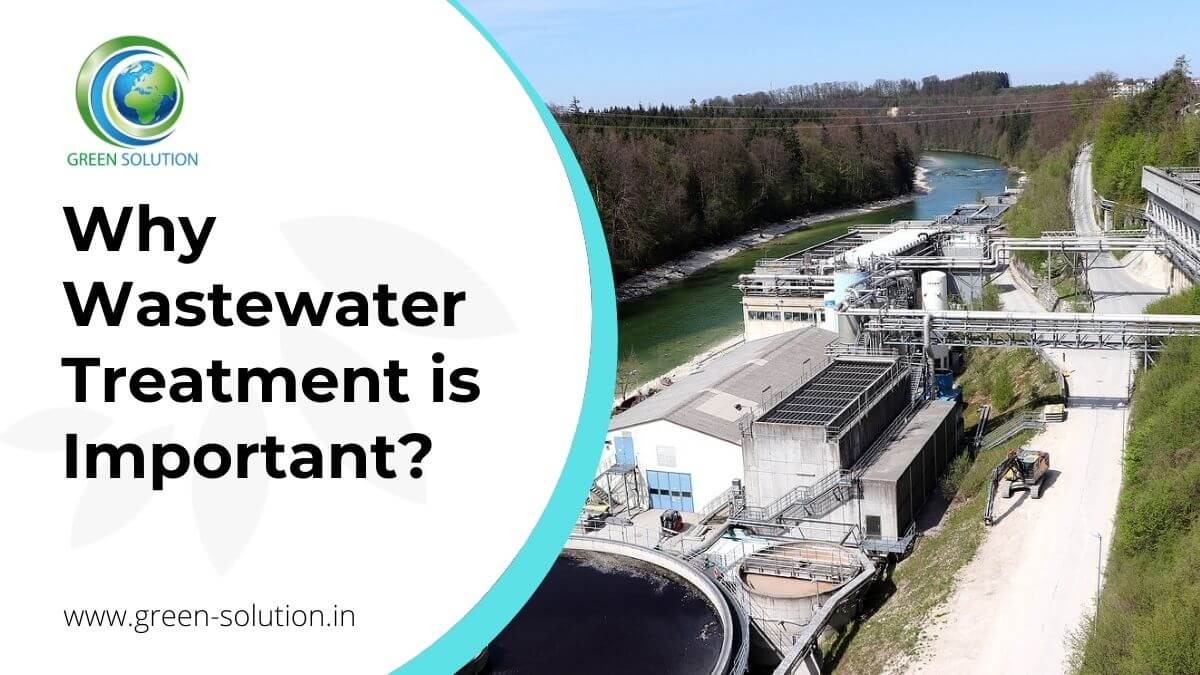3 Simple Techniques For Reclaim Waste
3 Simple Techniques For Reclaim Waste
Blog Article
How Reclaim Waste can Save You Time, Stress, and Money.
Table of ContentsGetting My Reclaim Waste To WorkSome Ideas on Reclaim Waste You Need To KnowA Biased View of Reclaim WasteThe 9-Minute Rule for Reclaim WasteThe Ultimate Guide To Reclaim Waste
Discover the types, occurrences, and kinds of liquid waste. Residential sewer waste describes the waste and items from a domestic septic system. This kind of waste is produced by humans in houses, institutions, and other buildings. This only includes septic tanks that have a drainpipe area. The correct management and disposal of residential sewer waste require fluid waste to be transferred to a sewage therapy plant where the appropriate methods and tools are put on detoxify and deal with waste.
Industrial waste commonly consists of possible hazards, such as flammable products or a mix of fluid and solid waste items, and needs a much more sophisticated and comprehensive disposal procedure. The disposal of industrial waste commonly includes the filtration of waste prior to transport to guarantee risk-free and correct disposal. Industrial waste is developed from by-products and overflow of industrial processes and manufacturing.
This type of waste can not make use of the exact same sewer management transport or processes as septic or commercial fluids. The hazardous waste administration procedure requires the assessment and screening of fluid waste prior to it undergoes the disposal procedure (liquid waste disposal). Overflow waste is the liquid waste that originates from runoff and excess stormwater in highly booming areas or cities
Runoff waste can cause contamination and flooding otherwise managed appropriately. Find out more regarding drain cleaning and waste administration. Making sure correct waste administration can prevent disasters and decrease ecological harm. Both people in property settings and professionals in commercial or manufacturing markets can profit from comprehending the processes and regulations of fluid waste management.
Not known Factual Statements About Reclaim Waste
Contact PROS Providers today to find out concerning our waste administration and disposal solutions and the appropriate methods to look after the fluid waste you produce.
(https://triberr.com/reclaimwaste1)This so-called 'wastewater' is not just an important resource however, after treatment, will be released to our land, waterways or the ocean. Made use of water from commodes, showers, baths, cooking area sinks, washings and commercial processes is known as wastewater.

water made use of to cool equipment or tidy plant and equipment). Stormwater, a type of wastewater, is runoff that moves from farming and urban areas such as roof coverings, parks, gardens, roads, paths and gutters into stormwater drains pipes, after rainfall. Stormwater streams neglected directly to neighborhood creeks or rivers, ultimately getting to the sea.
The Of Reclaim Waste
In Queensland, a lot of wastewater is treated at sewer therapy plants. Wastewater is transported from domestic or commercial sites via a system of sewers and pump terminals, referred to as sewage reticulation, to a sewage treatment plant. Neighborhood governments build, go to this site preserve and operate most sewage treatment plants. Operators are certified under the Environmental Management Act 1994 to release treated wastewater at an acceptable environmental criterion right into waterways.
The Division of Natural Resources encourages regional governments about handling, operating and maintaining sewerage systems and therapy plants. In unsewered locations, city governments may need homeowners to install specific or home sewage therapy systems to deal with domestic wastewater from toilets, kitchens, shower rooms and laundries. The Division of Natural Resources authorises the use of family systems when they are verified to be reliable.
In some brand-new neighborhoods, treatment of some stormwater to get rid of clutter, sand and gravel has begun using gross contaminant catches. Wastewater therapy happens in 4 stages: Gets rid of strong issue.
Makes use of little living organisms knows as micro-organisms to break down and remove staying dissolved wastes and great fragments. Micro-organisms and wastes are incorporated in the sludge.
8 Easy Facts About Reclaim Waste Shown
Nutrient elimination is not readily available at all sewer treatment plants because it requires costly specialised devices. It is becoming much more common in Queensland. Clear liquid effluent produced after treatment might still contain disease-causing micro-organisms. If this effluent is released into waterways such as rivers or the sea, the micro-organisms will eventually pass away out.

Many wastewater moves into the sewage system. Under the Act, regional federal governments administer authorizations and licences for eco relevant activities (Periods) involving wastewater launches that may have a regional effect.
7 Easy Facts About Reclaim Waste Shown
Or else, examples are considered research laboratory evaluation. Usually lots of tests are required to establish the degrees of each of the various contaminants such as oils, heavy metals and pesticides in water. Tracking offers factual info about water high quality and can confirm that permit conditions are being fulfilled. The details gotten with surveillance offers the basis for making water top quality choices.
Report this page